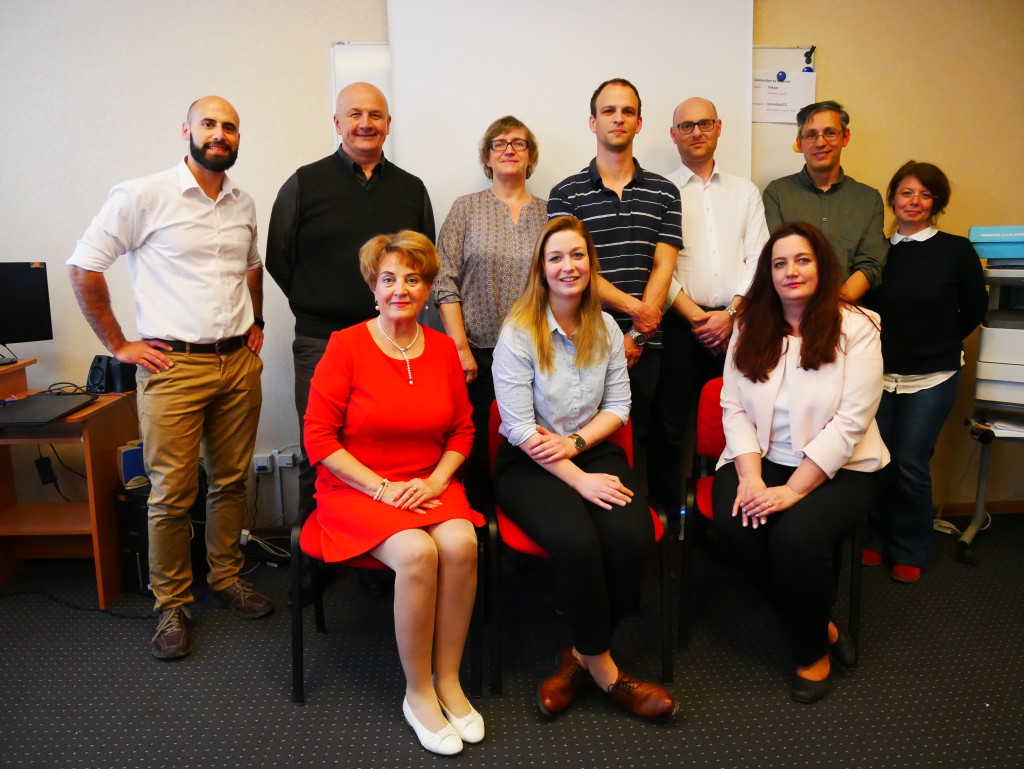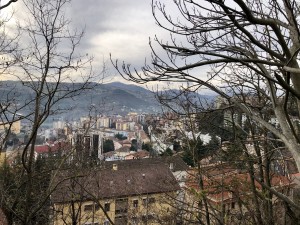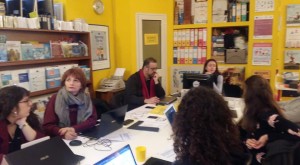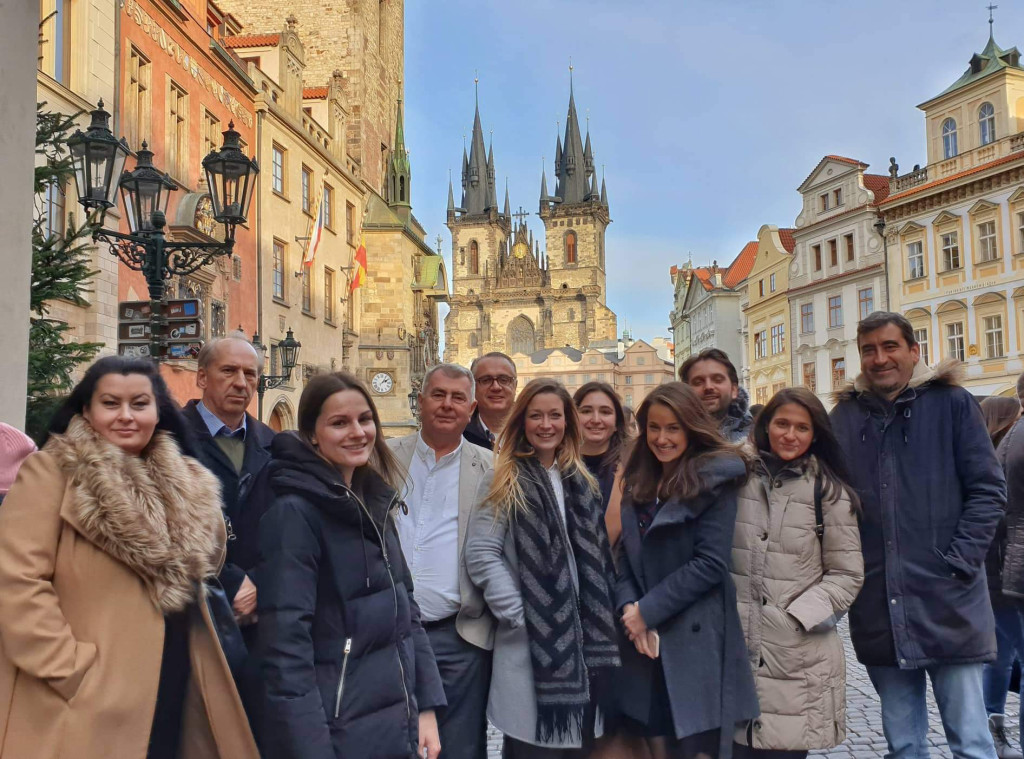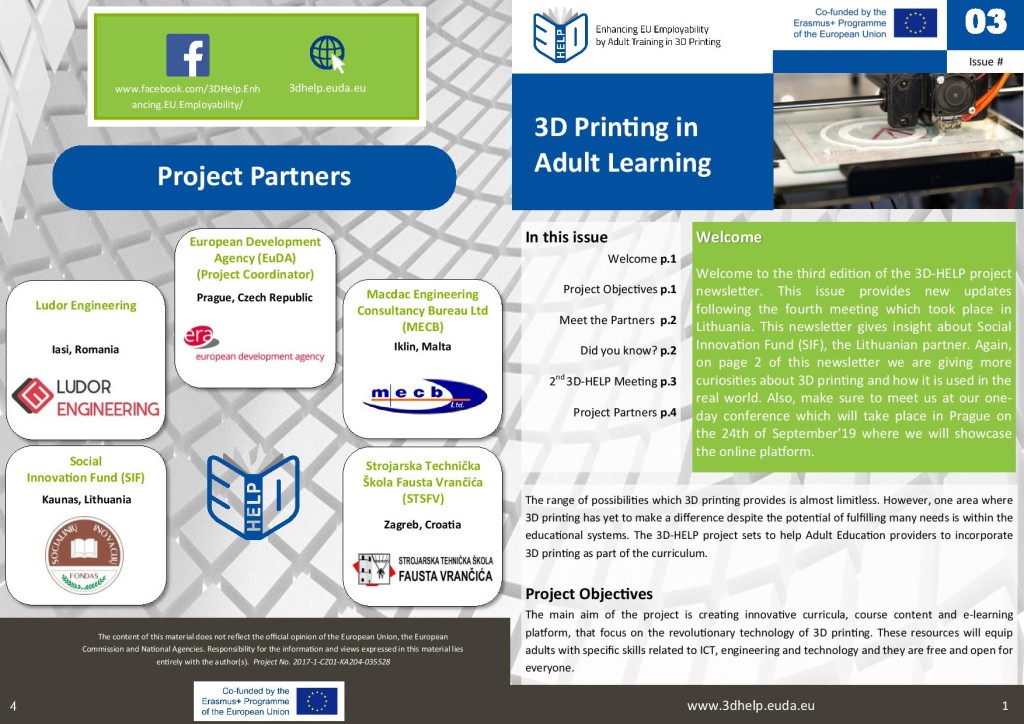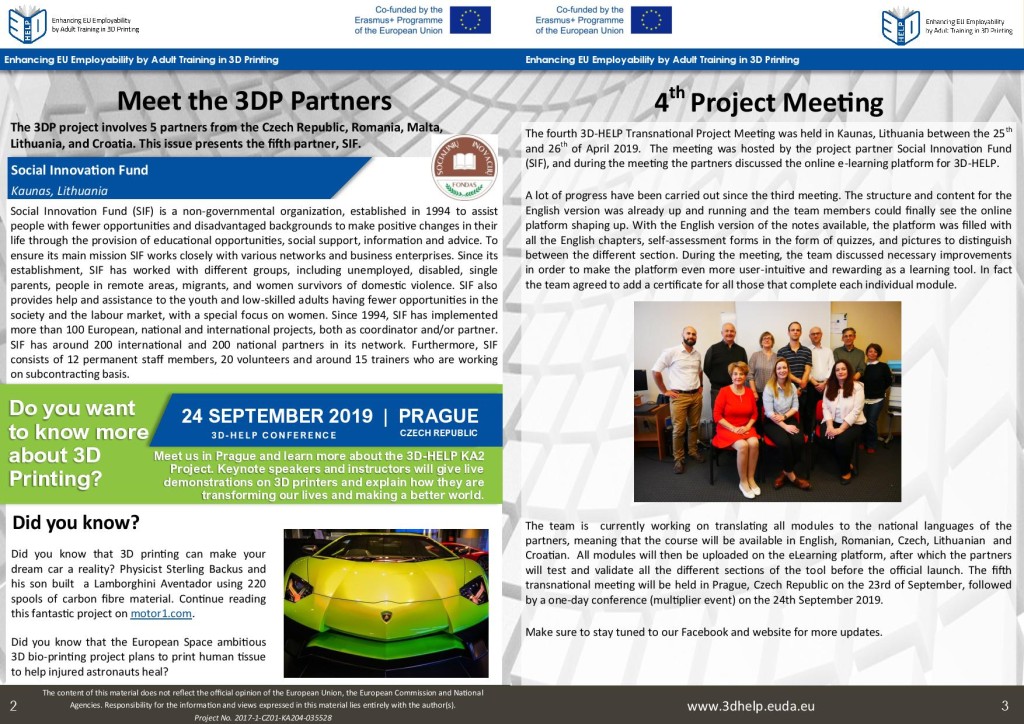You can download the second newsletter of the project DESK here.
DESK_2_Newsletter_EN
A kick-off meeting was held in Prague on November 29, 2019, for the new Erasmus+ project called TICTAC. The main aim of the meeting was to deal with intellectual outputs, to involve individual partners in their processing and, among other things, dissemination and project management.
The meeting was great and in a relaxed atmosphere and we are looking forward to further cooperation.
Click here to read our final newsletter!
On September 23, 2019, EuDA organized the final partner meeting of our 3D-HELP project.
All partners (from Croatia, Lithuania, Romania and Malta) came to Prague to discuss the last steps of the project, its dissemination and sustainability.
The next day, September 24, we organized a final conference not only for the project partners, but also for public, such as adult learners and teachers. The project and its outputs were disseminated and the participants could try to create and print their own key chain using 3D printer, with the help of lecturers from PRUSA RESEARCH.
Both events were very successfull and the project comes to its final phase. Do not miss all information about the project on its website and Facebook page!
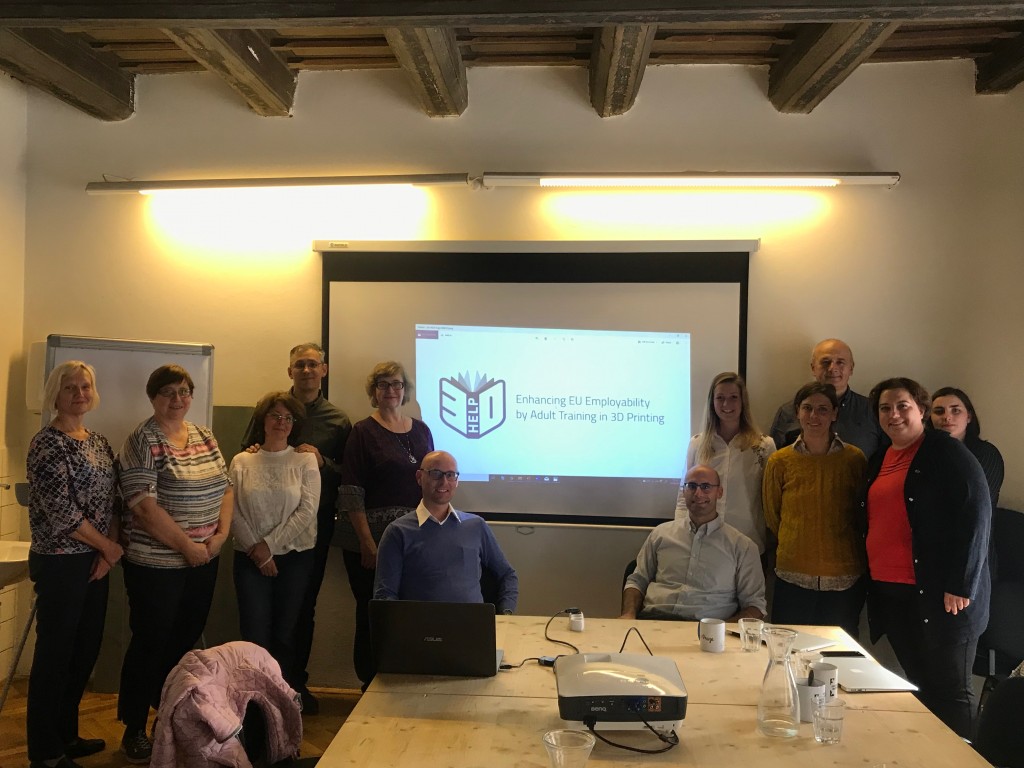
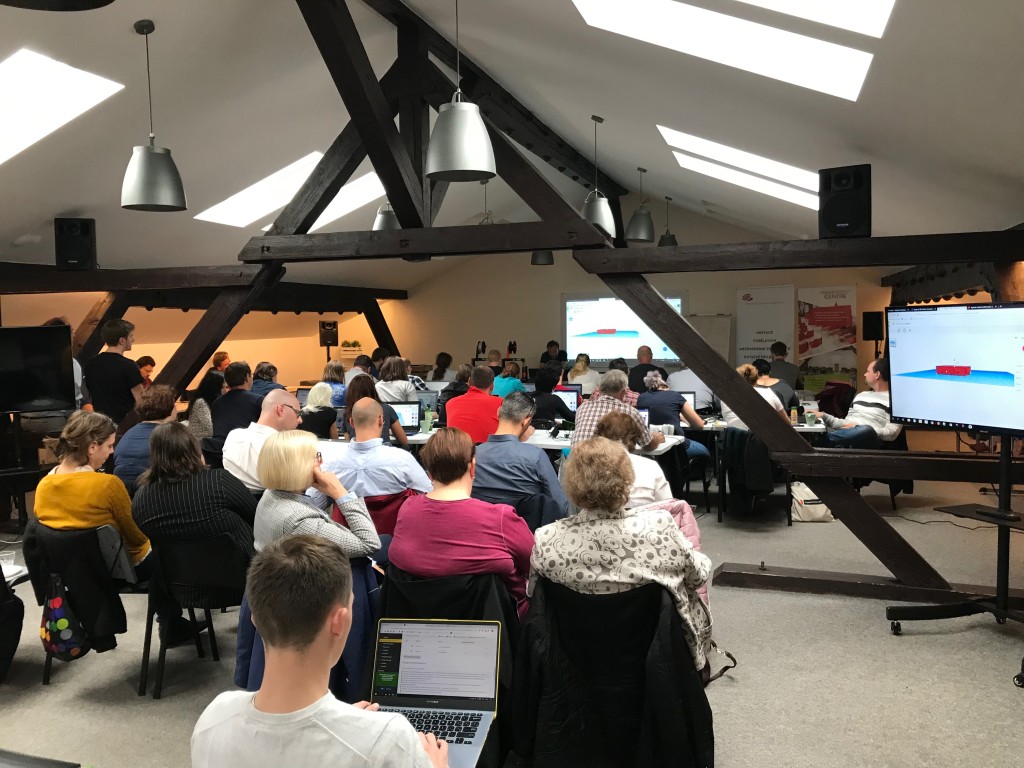
The DESK project partners have successfully concluded the 2nd Transnational Project Meeting in Pila, Poland.
The meeting’s goals among others were the approval of the established State of the Art Review (O1) and also discuss the emerging Curriculum (O2). In addition, sample material of courseware that can be developed was demonstrated during this meeting. In the end, the partners were able to define exactly how the DESK Training Toolbox (O4) content will be developed and who does what in the remaining project period.
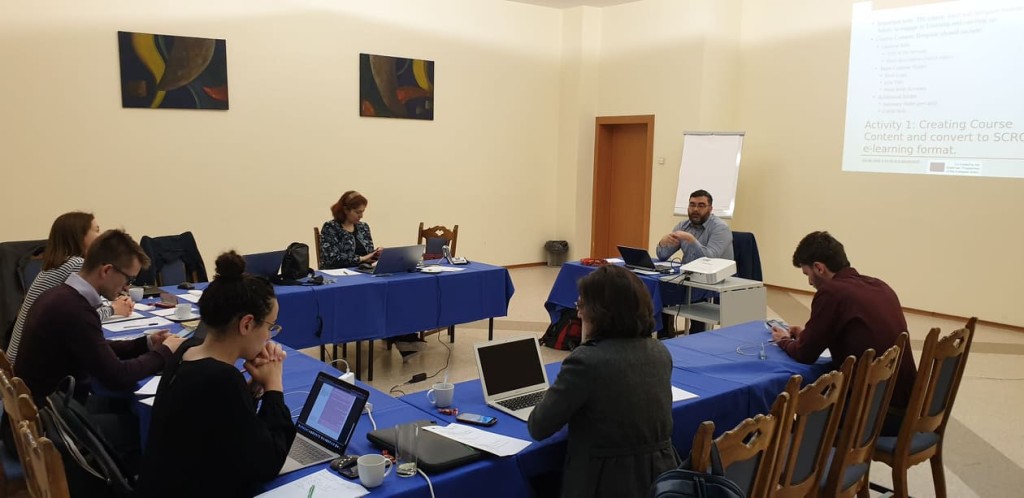

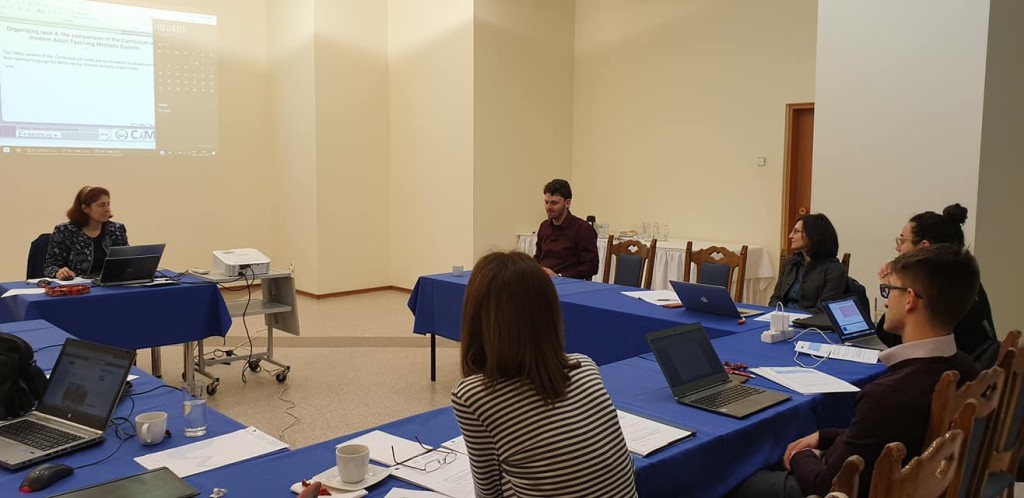
At the end of April, partners of the 3D-Help participated in a meeting, which took place in Kaunas, Lithuania. The main topic discussed was e-learning, which will help adult learners to get new infomration about 3D printing. All partners gave their feedbacks on the previous outputs and discussed possible improvements.
We are now in the last phase of the project, which will end in September with the final conference in Prague.
For more information about the project, look at our website and Facebook page.
